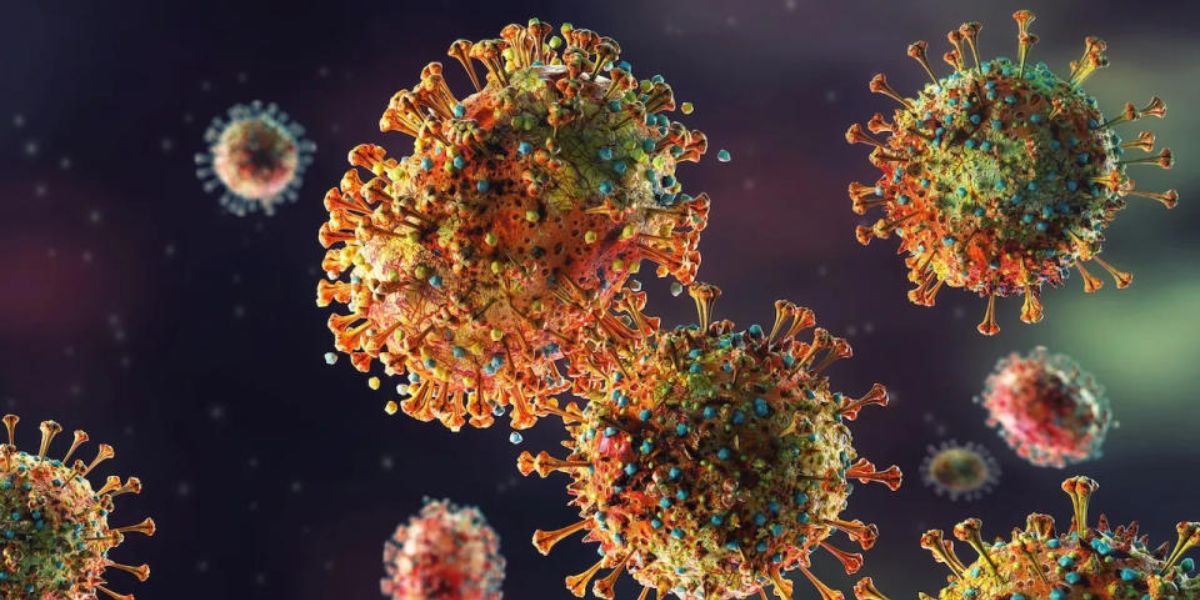According to reports, a deadly virus has been found in Alabama shrews, raising worries about possible human transmission.
Researchers at The University of Queensland found the Camp Hill virus, which is believed to be the first “henipavirus” in North America.
Henipaviruses are a genus of viruses that can transfer from animals to people since they are zoonotic.
According to a press release posted on the website of The University of Queensland, “Henipaviruses have caused serious disease and death in people and animals in other regions,” stated Dr. Rhys Parry of the School of Chemistry and Molecular Biosciences.
“The closest known henipavirus to Camp Hill virus that has caused disease in humans is Langya virus, which crossed from shrews to humans in China,” stated the investigator. “This indicates that shrew-to-human transmission can occur.”
According to Parry, the Hendra virus, another deadly henipavirus, was initially identified in Brisbane, Australia, and has a 70% death rate.
The Nipah virus is another example that has been brought up, with death rates in Southeast Asia (India and Bangladesh) ranging from 40% to 75%.

“The discovery of a henipavirus in North America is highly significant, as it suggests these viruses may be more globally distributed than previously thought,” Parry said.
According to the news release, northern short-tailed shrews, a small mammal that is frequently seen in the United States and Canada, were found to have the Camp Hill virus.
According to Parry, more investigation is required to ascertain whether the virus is dangerous to people.
Dr. Ariel Isaacs, another researcher at the institution, said Queensland researchers intend to focus on creating vaccines for this family of viruses.
“The next step for this work is to characterize key surface proteins on the virus that are involved in cell entry to broaden our understanding of the virus family and identify better ways to protect against it,” Isaacs stated in the press statement.
Senator Fetterman Urges Pennsylvania Officials to Take a Stand on Deporting Criminal Migrants
According to the U.S. Centers for Disease Control and Prevention (CDC), visitors who are exposed to infected animals—mostly bats and pigs—or who consume food contaminated by those animals’ bodily fluids are most at risk of catching henipavirus.
Healthcare professionals that treat infected patients are likewise more vulnerable.
The CDC advises employing barriers and personal protective equipment in medical settings, avoiding “unprotected contact” with potentially infected animals and their bodily fluids, and taking safe eating precautions to prevent infection.
ACLU Challenges Trump’s Decision to Close Asylum Access at Southern Border
The same source claims that there is no particular antiviral treatment for henipavirus infections.
“Therapy consists of supportive care and management of complications,” according to the CDC’s website.







Leave a Comment